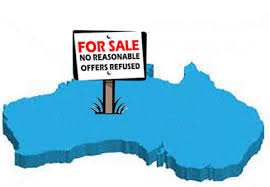24, January, 2016
Should we allow foreign land ownership in Australia? What about foreign mining?
3, January, 2016
If all men are created equal, is it moral to have borders that restrict those equal men (and women) from trespassing on our piece of land?



